About the Institute
The Tuke Institute provides a platform for collaborative, applied/translational research and acts an independent think-tank; its aim is to better medical services for the public’s benefit first and foremost. Medicine is defined in its original sense, as “what ill people need to get well and stay well”; this is therefore greater than what pharmaceutical and surgical forms of (bio)medicine provide, and includes physical, mental, and social medicine across multiple, medical professions.
In brief, we aim to change disease-services into health-services.
The Institute:
- carries out health-services research, either directly with the Chairman and trainees through collaborations with various scientists and organisations
- provides a virtual platform for collaborative research for independent scholars in the field of health-services
- provides training and mentorship to graduate health-scientists in areas of health-services’ science and policy, including clinical epidemiology and statistics
- promotes standards in medical practice and related aspects of science and technology, with a particular interest in patients’ provision of data (PROMS, patient input to medical records), and digital health technology
- provides consulting to health-services on patient-experience data in quality-improvement, risk-management, and audit; optimal methods of patient-participation; systems-analysis and re-design of physical and/or mental health-services; coaching clinicians and managers on implementation and leadership; et sim.
- provides expert-witness services in areas of policy and medical practice to legal and statutory Inquiries etc, and consultancy to law-firms (but no longer as an independent witness, due to systemic abuses by lawyers), on issues such as informed consent, patient-abuse, clinician malpractice, mental injury, et sim.
The name “Tuke”
The Tuke Institute is named after William Tuke (1732-1822), a leading Quaker philanthropist and merchant who reformed radically the medical treatment of ill people.
He first became concerned with how medicine was then practised after a fellow Quaker with a mental illness died in the York Asylum, England; Tuke was rightly appalled by the inhumane practices at the hospital, not least the fact that people were chained to the wall at the neck and around the body, without proper food or sanitation. So, in the Spring of 1792 …
Read more…
William Tuke appealed to the (Quaker) Society of Friends to make a difference; sufficient funds were raised to be able to open the York Retreat in 1796, where Tuke pioneered new methods based on the respectful treatment of ill people, with mental and social therapies as essential parts of medical practice. As scientific advances during the last century have shown unequivocally the interdependence of physical, mental, and social issues in causing and treating all illness, the approach that William Tuke developed came to form one of the main foundations of biopsychosocial medicine.
William Tuke’s respect and generosity of spirit in the treatment of ill people reflect values that permeate and guide the work of the Tuke Institute.
What makes this organisation a bit different
The Institute was founded in 2007 by its current chairman, Dr. Rupert Whitaker, to promote, firstly, the contribution of patients’ lived experience of illness — and of health-services — to the design, delivery, and governance of those same health-services. To do this, he convened a group of clinicians, scientists, and advocates living with, and personally caring for others with, a range of health-conditions…
Read more…
These conditions included HIV, viral hepatitis, stroke, brain-injury, cancer, psychosis, mood-disorders, stress-disorders, cardiac and neural vascular disease, diabetes, acquired blindness and hearing-loss, epilepsy, and asthma — representing five nationalities with experience of seven national medical systems.
Such experience gave the group-members an understanding of the nature of health-services’ delivery from several perspectives, in multiple conditions and delivery-contexts, and why health-services are often ineffective in helping people to regain their health. The consensus was that current health-services, particularly NHS-services, lack an understanding of what is needed to get well and stay well — that is, to be health-services, not just disease-services — and that translating patients’ experience of illness and medical services is essential to making health-services effective.
Collaborations
Since 2007, scientists, faculty, students, advocates, clinicians, and/or policy-makers from the following organisations have collaborated with the Tuke Institute in research-, teaching-, and consulting-projects:

National Institute of Health and Care Excellence, UK
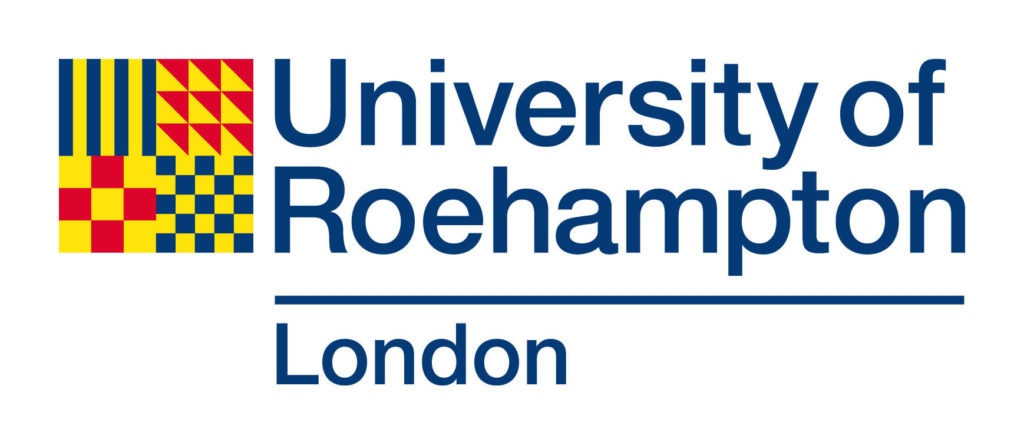
University of Roehampton, Surrey, UK
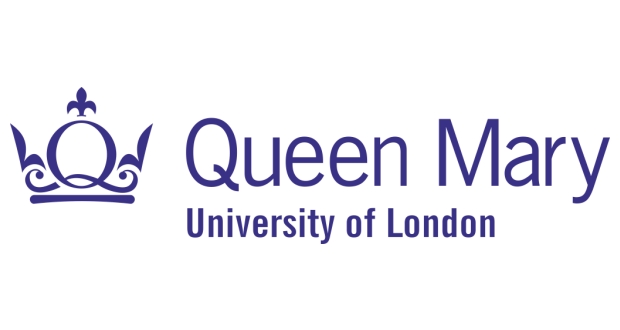
Queen Mary University, London, UK
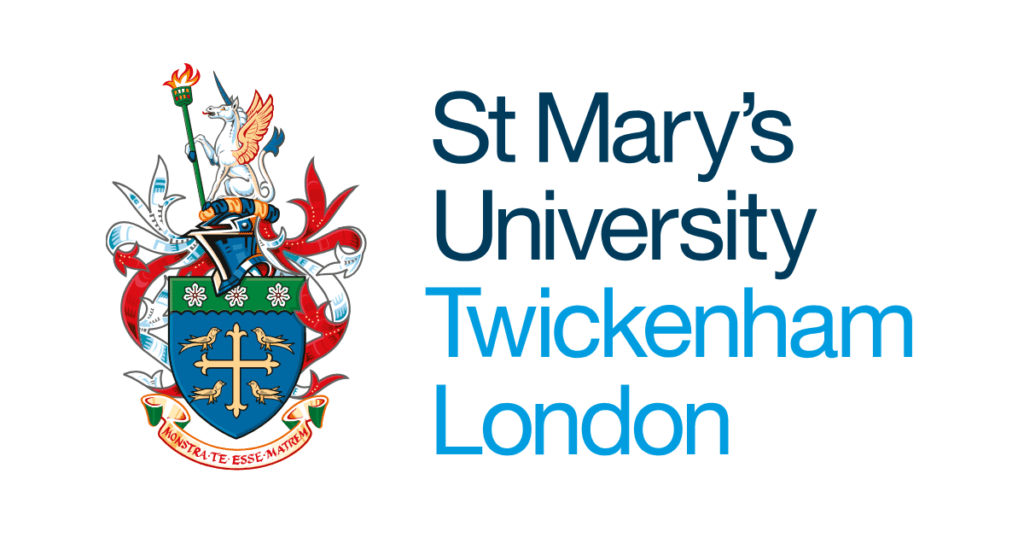
St. Mary’s University, Twickenham, UK
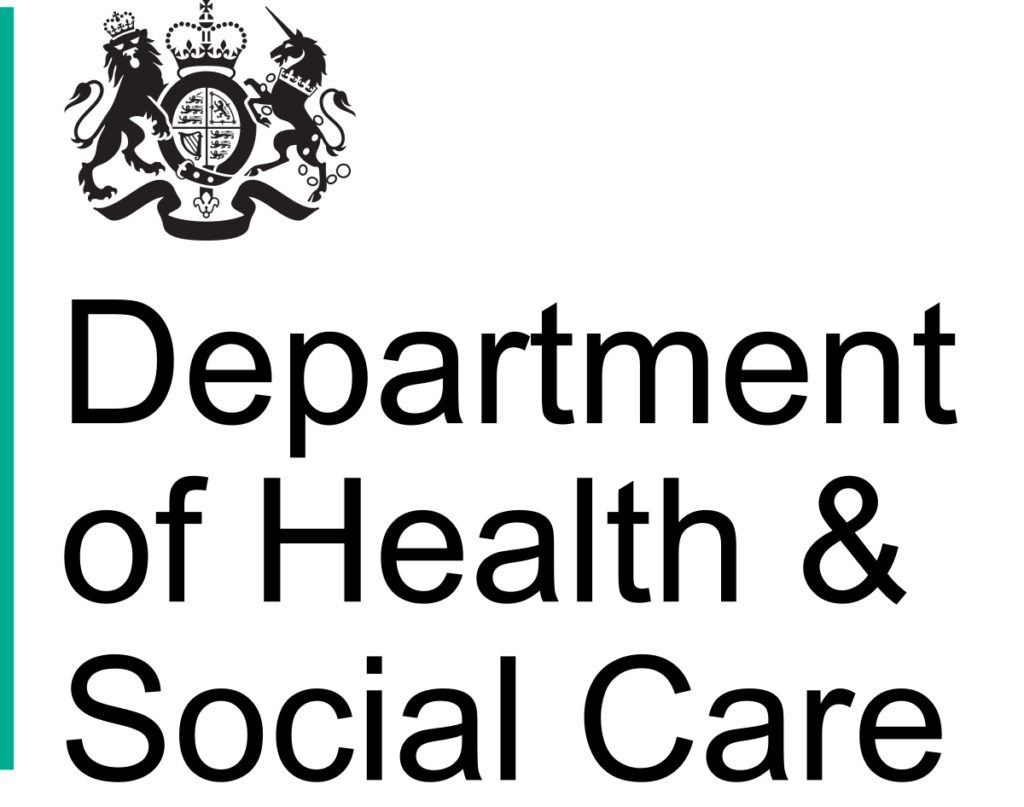
Dept. Health and Social Care, UK

University of Surrey, Guildford, UK

Østfold University College, Halden, Norway

Thebody.com, New York City, NY, USA

University of Warwick, Coventry, UK
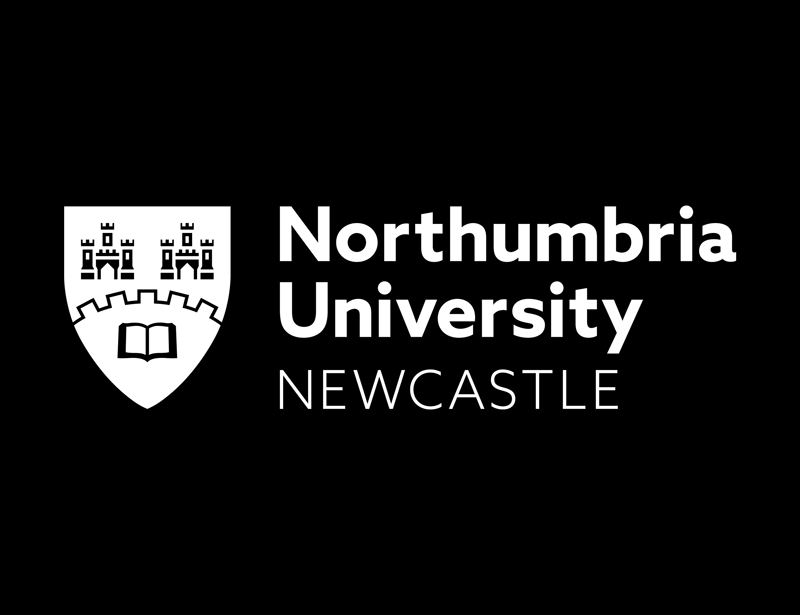
Northumbria University, Newcastle, UK
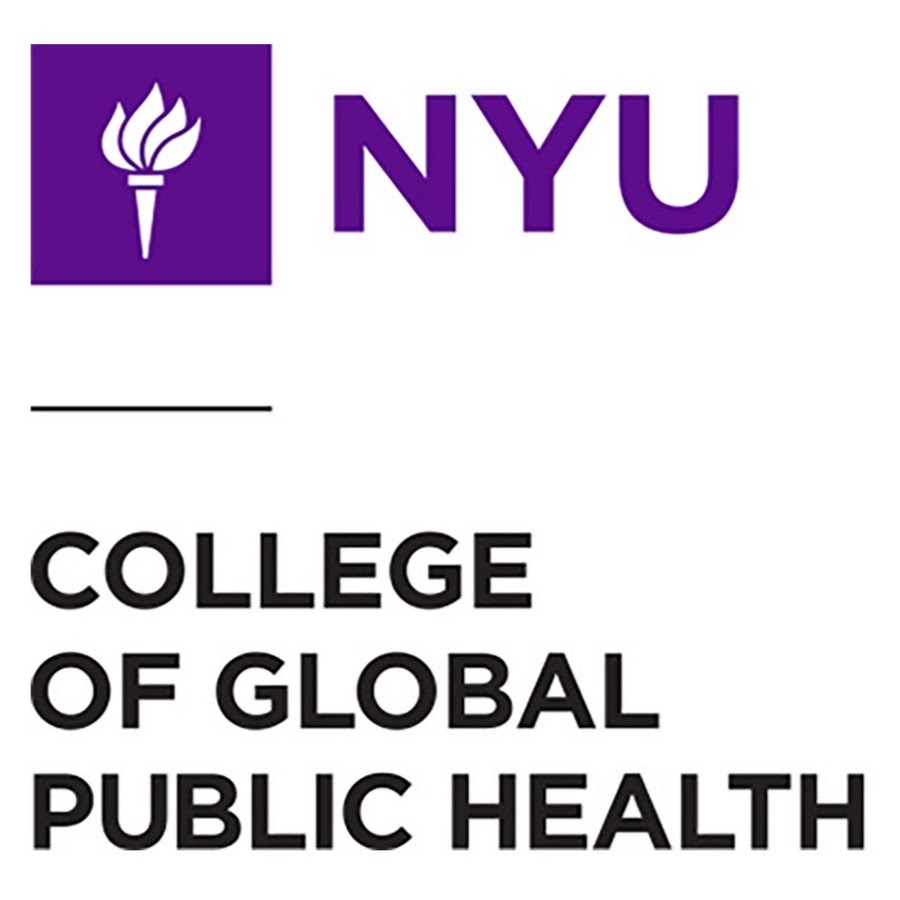
New York University, NYC, NY, USA
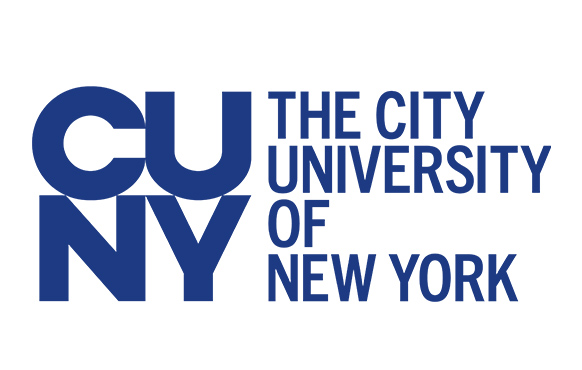
City University, New York City, NY, USA

Jawaharlal University, New Delhi, India

George Washington University, Washington, DC, USA

AIDS Healthcare Foundation, Los Angeles, CA, USA

University of Essex, Colchester, UK
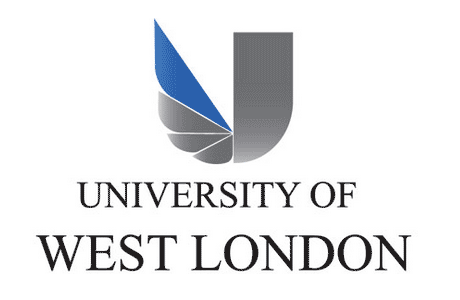
University of West London, UK
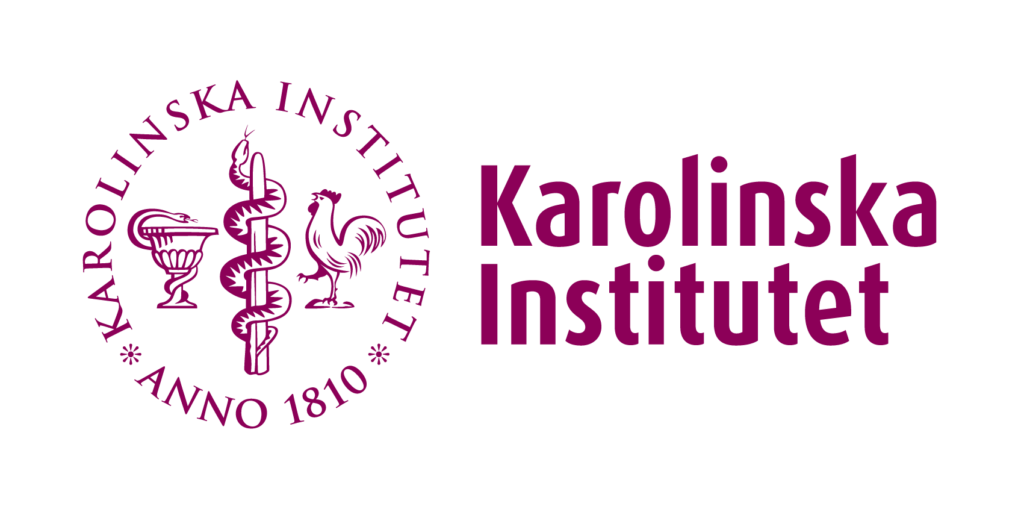
Karolinska Institute, Stockholm, Sweden

University of California, San Francisco, CA, USA

Inland University of Applied Sciences, Hamar, Norway
Current projects
As of mid-2020, the projects that are being worked on with a variety of collaborators are:
- Reviewing methods and issues with public and patient-participation in health-services, relating to the values and practices of participatory democracy
- Seeking funding for the development of digital health technology:
- to monitor patients’ health-status in real-time
- to ensure informed consent for all stages of treatment, including outcome-data for individual clinicians
- to monitor clinician-effectiveness
- Assessing the cognitive and emotional problems involved in the differential diagnosis and stigmatisation by physicians of people with “medically unexplained symptoms“, somatoform, and “functional” neurological disorders.
- Promoting standards for quality-improvement in health-services (e.g., National Institute for Health and Care Excellent, Quality-standard 15 on “Patient experience in adult NHS services”)
- Creating patient-centred standards for medical services in chronic illnesses, using HIV-services as an example
- Publishing results from:
- An assessment of the quality of medical evidence in civil and criminal litigation on the British justice-systems, with reference to the case of R. v Clark (Sally), [2003] EWCA Crim 1020 — an analysis of physicians’ scientific and analytic competencies and quality of opinion
- An international survey of patients’ relationships to medical services for HIV, relating to patients’ (dis)engagement from services, mental impact of HIV-disease across patient-generations, and medication-adherence.
Chairman
Dr. Rupert Whitaker OBE is the founder and chairman of the Tuke Institute. He has worked for 40 years in the fields of medicine, science, and community advocacy, with a keen focus on empowering individuals to care and advocate for their own health. A clinician-scientist, expert medical witness, a public speaker, and consultant internationally, he was awarded the OBE in the Queen’s Jubilee Honours list in June 2022 for services to charity and public health.
Read more…
Public Service:
Following the death of his partner, Terry Higgins, from AIDS in 1982, he co-founded the Terrence Higgins Trust—Europe’s first and now leading HIV and sexual health charity—helping to establish the prevention, mental health, and peer-led social services there. He has been a leading civil advocate for people with HIV and chronic illness, appearing on television and in the news-media with his expertise and personal experiences since the early 1980s. Based on seminal papers of his in public health that he presented at the Montreal and San Francisco International AIDS Conferences, and his appearance on the prime-time McNeil-Lehrer News Hours in New York as an immigrant with HIV, he led the international response to anti-HIV immigration laws in the USA and elsewhere. He is a long-term survivor with HIV-disease and stroke, which caused chronic disability requiring extensive treatment. From this, he brings both his personal and professional knowledge of chronic illness to his work with the Tuke Institute in the development of patient-centred medical services. It is his vision for relevant, effective medical services that has driven his community and civil work for the last three decades and the basis on which he designed the initial National Institute for Health Research’s (UK) national framework for public participation in translational medical science
Training and practice:
Dr. Rupert Whitaker is a clinician and scientist with 14 years’ training in the UK, Canada, and USA, the last where he qualified as a Doctor in psychiatry, neurology, and immunology. Following a year as a University Scholar at University of Toronto Medical School, he was a University Scholar at Boston University for five years in the nationally prestigious University Professors Program, and was awarded a national Fellowship in Public Health, with additional internships at Harvard Medical School (Beth Israel Deaconness Medical Center), and Massachusetts Institute of Technology (Sloan School), followed by three post-doctoral Fellowships at Tufts New England Medical School, the University of Michigan Medical School, and the University of California San Francisco School of Medicine. His subsequent positions have been as an instructor in medicine, a staff scientist, honorary senior research fellow, Fellow, associate professor, and senior consultant, working in community services, hospitals, private clinics and Court-systems in the UK, Poland, Norway, and USA. His clinical specialty is behavioural medicine and chronic illness. His scientific expertise lies primarily in clinical and laboratory research in social and neurological psychiatry, neurological and viral immunology, behavioural public health, and, more recently, health-services’ systems.
Media history:
Since the early 1980s, Rupert has been a leading advocate for people with HIV and chronic illness, appearing on television and in the news-media with his expertise and personal experiences. At the age of 19, he first went on television (Granada TV) as an openly gay man with what was then a symptomatic but unnamed disease to raise awareness about the coming problem of this disease, which came to be known as HIV. Over time, he has appeared in news articles, documentaries, and commentaries in various media including: Channel 4 and the Discovery Channel (“A Time of AIDS”, Nov. 1993), BBC2 (Horizon), BBC1 (Panorama), BBC Radio 2 (“Flared Brightly, Died Young”), BBC Radio 4 (“Reunion”; “PM Programme”; “A Big Disease with a Little Name“), BBC Radio 5 Live, and the McNeil-Lehrer News Hour (New York, now PBS Newshour), and has also been interviewed by various newspapers, including The Independent, The Independent on Sunday, Daily Mirror, Herald Magazine, BBC News online, The Guardian newspaper, and the Radio Times, as well as several documentaries and books. He has been an invited speaker at international conferences in the USA, Poland, and South Africa on HIV.
Contributors
As the Tuke Institute provides a virtual platform for health-scientists to collaborate internationally on projects relevant to the Institute’s goals, it creates virtual research-groups on an ad hoc basis for the purpose of carrying out projects generated by the Tuke Institute, other research- or policy-organisations, or independent scholars.
Advisors
There is a core group of advisors who very kindly provide input whenever asked, including:
Mr. Charles Gentry — digital technology
Charles Gentry was, until mid-2020, a Senior Software Engineer at BBC Global News, after which he retired. He has been an application-developer with a wide range of experiences and a real passion for software-development. His primary interest and experience have been with UNIX and networking technologies, and has also worked with web-technologies (Apache, PHP, ASP.NET) and networking (internet, phone, switching) in a number of industries.
Dr. Dana Rosenfeld — medical sociology
Dana Rosenfeld is a Doctor in sociology, a Reader (Associate Professor) in sociology at Keele University, and Director of Keele Centre for Ageing Research. She received her Doctorate from the University of California-Los Angeles, and then spent two years as a National Institute of Mental Health Post-Doctoral Research Fellow at the University of Kentucky Medical School. Subsequently, she taught at Colorado College, then became a Lecturer at Royal Holloway University of London for two years before joining Keele as a Senior Lecturer in 2005.
Dr. Rosenfeld specialty lies in qualitative medical sociology and social gerontologisy in health, medicine and the body, ageing and the life course, gender and sexuality, and self and identity. She has published widely on lesbian and gay ageing and has also published on the medicalization of masculinity, on HIV and ageing, and on the experiences of illness and disability, including issues of self and identity and adherence to medical regimens. Dr. Rosenfeld serves on the editorial boards of the Journal of Aging Studies and Social Theory and Health.
Mr. Joel Evans — institutional strategy and development
Joel Evans has almost four decades of experience in institutional strategy, development programme-design, major gifts and planned giving, special-campaign readiness and leadership-coaching. He currently serves as Capital Campaign Manager at the San Francisco Zen Center. Formerly at St. Anthony Foundation, SF, for three years, Joel was also Vice President of Brakeley Briscoe, Inc. a fundraising firm based in Northern California.
He works with non-profits that express progressive values to:
— Design and execute capital and endowment campaigns
— Design and manage comprehensive fundraising programs
— Communicate institutional values
— Increase donor loyalty and retention (long-term donor value)
— Recruit and coach leadership
Mr. Evans’s specialty lies in deep skills in donor relations and communications, campaign and program strategy and management, assessing campaign capacity and setting goals, participating in the institutional leadership.
His clients have included the American Red Cross Bay Area, Childrens Discovery Museum San Jose, Congregation Sherith Israel, Helen Keller International, KQED Public Broadcasting, Pacific Graduate School of Psychiatry and Sonoma Country Day School. He also conducted an assessment of the alumni program for Dominican University of California. Earlier in his career, Joel served in various roles at Massachusetts Institute of Technology, Boston’s Museum of Fine Arts and the AIDS Action Committee of Massachusetts. As an educator and trainer, Joel is a regular lecturer at professional conferences and seminars.
Prof. Martin Green OBE — social health-services
Martin Green is Chief Executive of Care England, the largest representative body for independent social care services in the UK and Visiting Professor of Social Care at Buckinghamshire New University. He is also Chair of the International Longevity Centre and a Trustee of the National AIDS Trust, with an extensive career in NGO development, both in the UK and internationally. Martin writes extensively on care issues and is on the Editorial Board of Community Care Market News.
In 2006, Professor Green became a Member of The Secretary of State for Health’s Stakeholder Board and a Member of The Ministerial Strategy Group on Social Care and has very recently been appointed to the Board of the new National Institute for Social Care Research. Prior to his appointment at Care England he was Chief Executive of five British charities, Coordinator of the Coalition for Quality in Care and a Trustee of Age Concern England. In 2005 he was awarded a Fellowship of the Institute of Public Sector Management and in 2006 a Fellowship of the Institute of Association Management. He was awarded an OBE for Services to Social Care in the 2012 Queen’s Birthday Honours List.
Prof. Richard Ashcroft — medical ethics
Richard Ashcroft is a philosopher working in bioethics, with interests in multidisciplinary research relating to biomedical ethics, public health ethics, human rights, and medical sociology. A professor at City University, London, he trained in history & philosophy at Cambridge, and has also worked at Liverpool and Bristol Universities, and Imperial College, London.
Professor Ashcroft is a Deputy Editor of the Journal of Medical Ethics, and serves on the editorial board of various journals including Bioethics, Developing World Bioethics, Health Care Analysis, and Studies in History and Philosophy of Biological and Biomedical Sciences. He was until recently a member of the Gene Therapy Advisory Committee, and is a current member of the Ethics of Research and Public Involvement Committee of the Medical Research Council. He is also a Director of the Appointing Authority for Phase I Ethics Committees. His current research is on the use of personal incentives in health promotion, artificial intelligence, and on the theory and practice of human rights in health-services.
Dr. Sharon Kalsy — clinical and coaching psychology and organisational development
Sharon Kalsy is a Doctor in psychology and a chartered clinical and coaching psychologist providing psychological therapy, reflective-practice supervision, critical incident debriefing, training in psychological skills development, client engagement, conflict management and mentoring. As an extension of her clinical skills, she provides bespoke leadership training, management development and Executive Coaching to Boards of Trustees, Senior Leadership teams, directors and Executive Officers across the statutory and corporate sectors.
Dr. Kalsy specialises in supporting high performing individuals and teams through transformational change and developing strategies for multidimensional relationship management. Her executive clients lead financial and procurement, customer relations, educational, environmental and planning, housing and development, critical incident response planning, strategic change, organisational-wide portfolio (project and programme) management and public health directorates.
In addition, she has had a significant career in developing and leading primarily health-service organisations through complex change in the pursuit of excellence. She has worked in health and social care, forensic services, research, senior leadership and management, strategy development, the charity and corporate sectors. https://www.kalsyconsulting.co.uk
Mr. Shaun Watson — nursing
Shaun Watson is an experienced, enthusiastic and passionate nursing-specialist. He has worked as a Palliative and HIV-specialist at various hospices (Dove House, Trinity, Mildmay) in various roles including Senior Staff-Nurse, Clinical Nurse-Specialist, and Ward-Manager. He has been a Visiting Lecturer at City University in nursing and is a guest-speaker for various pharmaceutical companies, including Janssen, VIIV, GSK, Pfizer & Gilead, planning and delivering specialist HIV-training.
Mr. Watson is an active member of the National HIV Nurses Association (www.nhivna.org) where he has been Chair ( 2017 – 2020), as well as Chair of the Networking & Marketing group, Editor of HIV Nursing (www.hivnursing.net), member of the HIV Clinical Reference Group for NHS England, BHIVA Primary Care working party, BHIVA/BASHH HIV & Reproductive Health working party, Project 100 Steering Group, and a faculty member for the European HIV Nurses Conference.
Contact the Chair
Form
Acknowledgements
The Tuke Institute is grateful to the following:
Our collaborative work is powered by Podio’s project-management platform, provided free for non-profit organisations, which is designed to easily manage teams, projects and much more on one central platform, integrated with many third-party platforms, including Google. Thank you, Podio!












